🦷 What Are The Main Reasons Behind Receding Gums?
Gum recession becomes evident when the roots of the teeth are exposed. It should be treated by a specialist dentist.
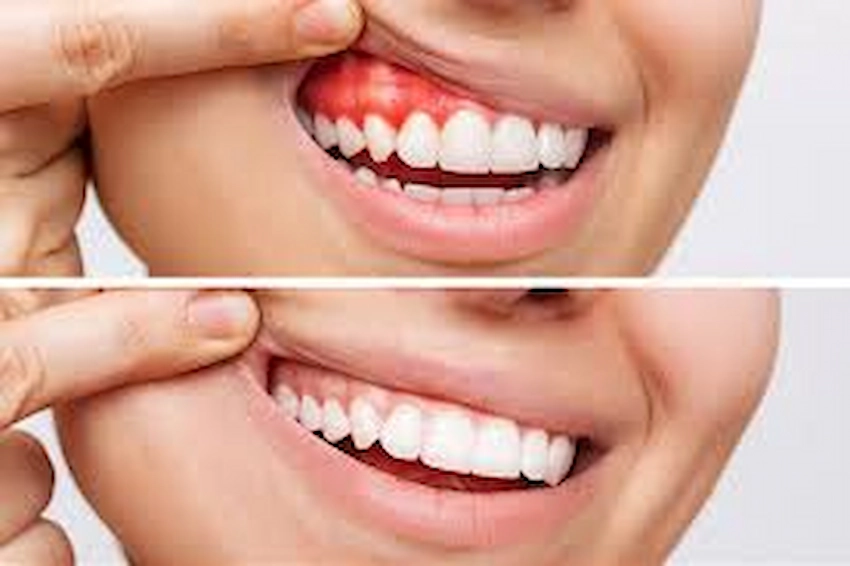
The term receding gums, also known as gingival recession, is used to describe the gradual loss of gum tissue, which then causes the teeth to be exposed to the environment outside the mouth. This situation happens when the tissue is subjected to the effects of variances and under the influence of the factors causing this, for example, overly contributing factors to the gums’ recession. One of the sources of the condition is the brushing habits that are rough, leading to the gradual wear and tear of the gums, bad hygiene, and genetics. Pregnancy or menopause can be the cause of hormonal changes that may lead to gum recession. Gum disease and smoking are also typical causes of these conditions.
Previously intact healthy gum tissue may recede, exposing the roots of the teeth, leading to the possibility of the tooth being attacked by bacteria, feeling a toothache, and the tooth looking ugly. It is of utmost necessity to ask for the root problems that lead to the recession of the gums and to implement the appropriate oral care habits, like delicate toothbrushing, regular flossing, and periodic oral checks, so as to avoid the increase of the gingival recession. Periodontal plastic surgery might also be applicable in people with such conditions, as it is a means to recover the amount of the tissue that is gone and, by so doing, it may safeguard the teeth and the surrounding structures in a better way against possible further destruction.
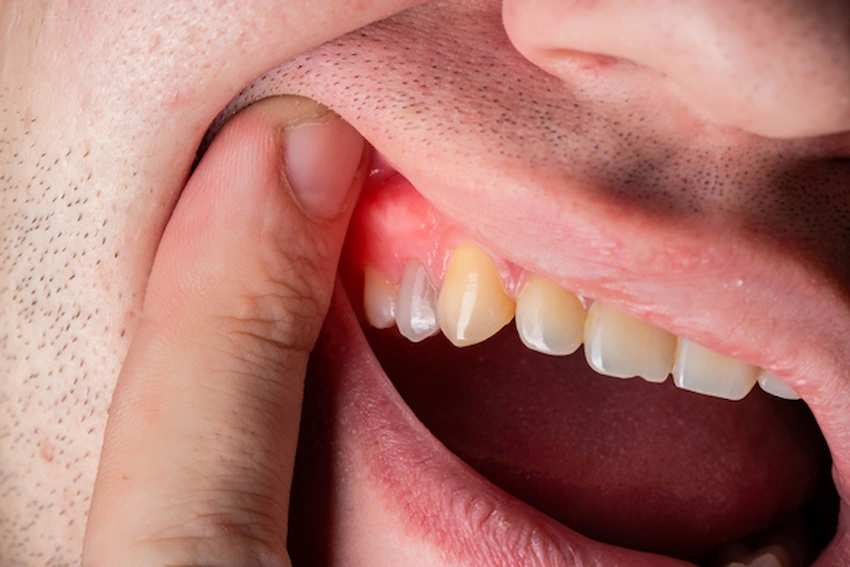
One kind of situation is that it’s a long process, which no one can even notice, and this can be triggered by different reasons, one of which is gum disease. Brushing using abrasive methods, weak oral hygiene, or low gum resistance due to genetic factors are some of these reasons. One popular oral case of this family of diseases, such as tooth paint, is when teeth expose roots to be a cause of the disease, for which there might be different. Gum Disease (Gingivitis and Periodontitis): Where the former is in its inflamed condition in which the patient gets reddish, swollen, and bleeding gums, if untreated, the latter will step in leading the disease to the next stage resulting in bone and gum tissue loss be consequence, therefore, recession is occurring.
What are Receding Gums?
Unless you go through a different source, receding gums, known as gingival recessions, are defined as the slow loss of the gum tissue along the gumline, which results in the exposure of the root of the tooth. Proximity to different factors, like toothbrush abrasion, no oral hygiene, gum disease, hereditary factors, hormonal changes, tobacco use, teeth grinding, and traumas, can induce this condition.
The removal of the gum tissue reveals the sensitive roots of the teeth, which in turn makes them an easy target for bacteria and hence decaying, and they also get very sensitive to temperature changes and appear withdrawn. The first and most important step is correct oral hygiene and early diagnosis by a dentist to avoid further loss of gums and to keep the mouth in good condition. Some of the main reasons for receding gums are as follows:
Gum disease: The major cause of gingival recession is gum disease, which is the result of plaque and bacteria accumulation on the teeth and gums.
Aggressive brushing: Brushing your teeth too hard or using a hard-bristled toothbrush can wear away the gum tissue over time.
Genetics: Some people are more likely to suffer from gum recession because of their genes.
Tobacco use: Smoking or using other forms of tobacco can increase the risk of gum disease and gum recession.
Hormonal changes: Periods of hormonal change e.g., puberty and pregnancy, are also among the most popular triggers of the later-mentioned issue. The body is especially sensitive and prone to the disease.
As is common, the teeth may be lost in this process, leading to a range of dental issues like decay or gum infections, to mention a few. In case they keep up with the situation and your dentist is not aware of it, you should get an appointment as soon as possible. The dentist can determine how extensive the damage is and may be able to suggest the most suitable treatment, which can be deep cleaning or restoration prognosis at one of the London dental clinics here.
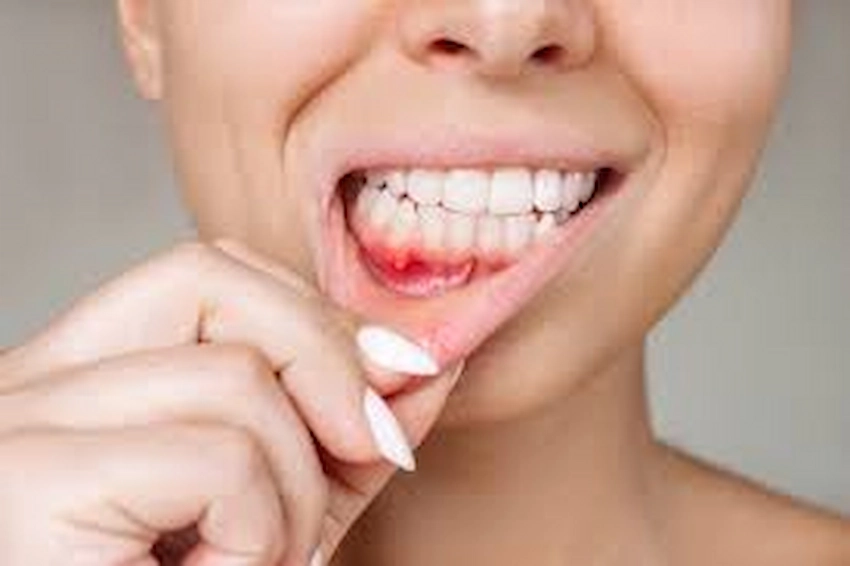
In addition to the above, the specialist may resort to a pinhole surgical technique (PST) alternative option. Although gum grafting is the most commonly used gum surgery for receding gums, PST, a relatively recent invention, must also be mentioned. The unique thing about the PST procedure is that it does not involve the use of scalpels or stitches. The entire process is carried out through a tiny hole created at the receding spot only, with the help of specially designed instruments. This way, the tooth roots will be covered with the graft, and the attached tissue will regain its health. In the PST surgery of receding gums, only local anesthesia is needed, which is a paramount convenience for patients.
After applying the local anesthesia, the dentist, with the help of the tiny hole, thus reducing discomfort for the patient, makes sure the periodontal probe loosens the gum tissues on the spot where they are connected to the roots and then proceeds to the root surface to lift the tissues off. Though the PST procedure is less costly than a conventional gum surgery and minimally invasive, while the subgingival plaque is removed from the roots, there is no bleeding, and the patient does not experience any swelling. On the other hand, even a slightly bigger defect can not be treated with the PST technique. In only a period of 2 days, the surgery is expected to end. The first time the patient comes back to the doctor after surgery is at the one-week mark, and at this follow-up, the dentist will confirm whether the healing is on the right track or not, suggesting further actions.
Cost of Receding Gums Treatment in Turkey
The cost of the receding gum problem is treated in Turkey with a certain fee depending on several factors such as the process of treatment appropriate for the patient, the presence of the problem, the location of the clinic, and the level of service received. In general, the cost of gum grafting surgery in Turkey is the most commonly used method of treatment and varies between 1,500 TL to 3,000 TL per tooth. These figures are a fraction of the very rough ones and serve as a guide only to those who are interested.
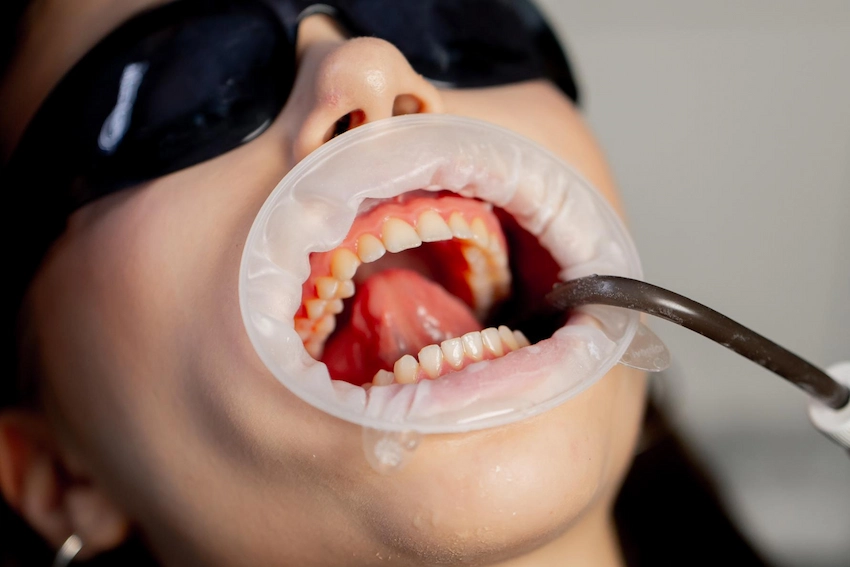
If you do not know the actual cause of your gum recession, it would be a good idea to see a specialist in the field, let him do some checks, and then make a correct diagnosis. Skilled and reputable dentists operating in Turkey have also become a good source of dental service, both for the local and the foreign patients’ dental needs, since the prices in most cases are less than those in the home country, and the quality of service is not compromised. Not to make any regret about the choice made, a patient should try out first, consulting the most reliable sources of the specific country, particularly those whom he and his friends have once visited, should be the source of knowledge for getting.
Do Receding Gums Have Side Effects?
Receding gums can end up having a number of side effects that not only affect dental health but also overall health. One of the most common problems is an increase in tooth sensitivity that happens to be the sensitivity to hot, cold, or sweet food items, where exposed tooth roots are more sensitive than the crown, which is covered by enamel. However, if the cause of the problem is that the teeth could be having plaque, just cleaning them and the sensitivity will disappear very fast.
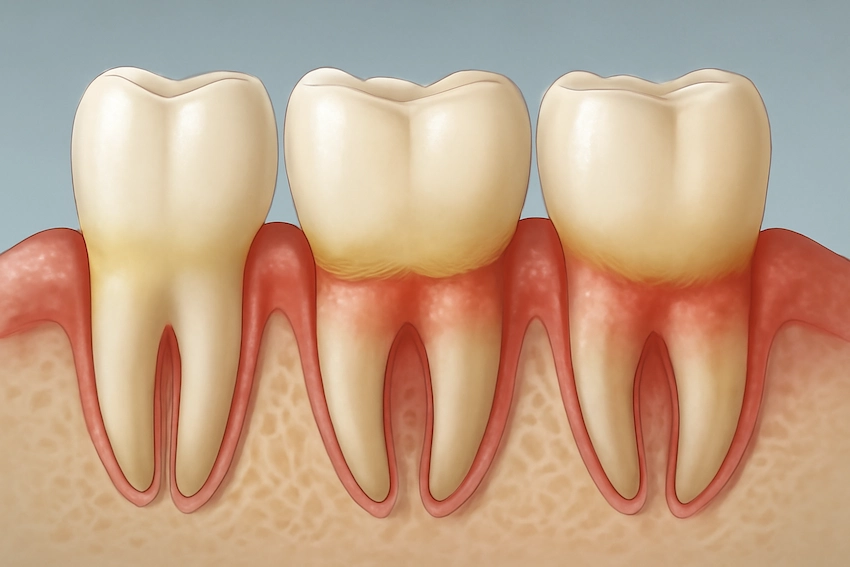
This situation can also cause the teeth to rot more easily. In order to hide their not-so-perfect dental state, gingival recession can make teeth look longer as well as affect a person’s smile and self-image. In addition, gum disease and receding gums are often closely related, and the former might lead to the worsening of the latter over the years, even eventually causing the loss of teeth. The scenario that appears as a result of neglecting receding gums can be unsightly and at the same time help the bacteria to multiply, which further leads to the decline of oral hygiene.
Lema Dental Clinic’s Personalized Treatment
At Lema Dental Clinic, the effective team of dentists dealing with personal matters is good at handling receding gums through the right channels. By knowing the differences between each condition, these experts also provide various treatment options, ranging from minor to major surgical procedures like soft tissue grafting. The established patient-focused center guarantees the patients a thorough diagnosis and counseling, consequently enabling the patient to identify and take disciplined measures concerning his/her medical situation.
As per the reference in the first line, the clinic of choice has the latest and finest techniques that one can use with ease to be able to get comfortable when getting the treatments. The comprehensive corrections of the underlying cause of gum recession, at the same time, the ways of avoiding the reoccurrence are the designs taken to treat receding gums of Dental Zone in a multi-step manner so as to attain the desired treatment result. The people under treatment at Lema Dental Clinic are sure to receive a well-customized aid for the preventive dental measures designed to keep the health of the teeth at a high level and to create the most comfortable experience.
Frequently Asked Questions About Gum Disease
Gum disease, also known as periodontal disease, is an infection of the tissues that surround and support your teeth. It begins with gum inflammation (gingivitis) and can progress to more severe forms affecting the bone if left untreated.
Common symptoms of gum disease include swollen, bleeding gums, bad breath, and receding gums. In more advanced cases, teeth may loosen, and the gums may form pockets of infection.
Treatment for gum disease may involve deep cleaning procedures like scaling and root planing, followed by improved oral hygiene. In severe cases, surgical treatments may be necessary to restore the gums and bone.
Yes, gum disease can often be prevented through regular brushing, flossing, and professional dental cleanings. Avoiding tobacco use and managing conditions like diabetes also help reduce the risk.
Gum disease can be reversed in its early stages, such as gingivitis, with proper oral care. However, advanced stages of the disease may require more intensive treatments to manage and prevent further damage.



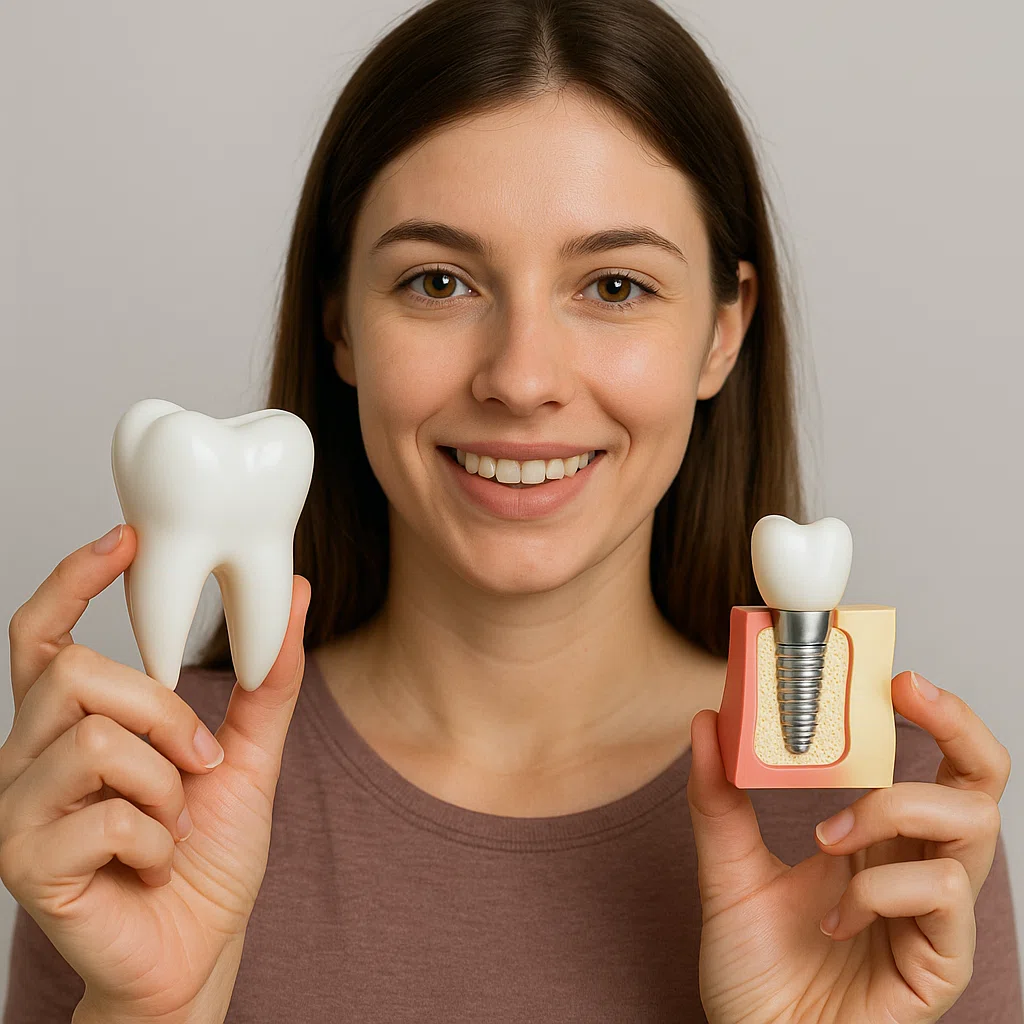

I’ve noticed my gums receding. What could be causing this?
Hello Paige,
Receding gums can be caused by aggressive brushing, poor oral hygiene, gum disease, genetic predisposition, hormonal changes, tobacco use, teeth grinding, and trauma. Identifying and addressing these factors is essential to prevent further recession.
Is gum disease the main cause of receding gums?
Hello Jonah,
Yes, gum disease, including gingivitis and periodontitis, is a primary cause of gum recession. It leads to inflammation and destruction of gum tissue, exposing the tooth roots.
What are the treatment options for receding gums?
Hello Fiona,
Treatments include improving oral hygiene, using a softer toothbrush, quitting tobacco, managing bruxism, and possibly undergoing procedures like gum grafting to restore lost tissue.